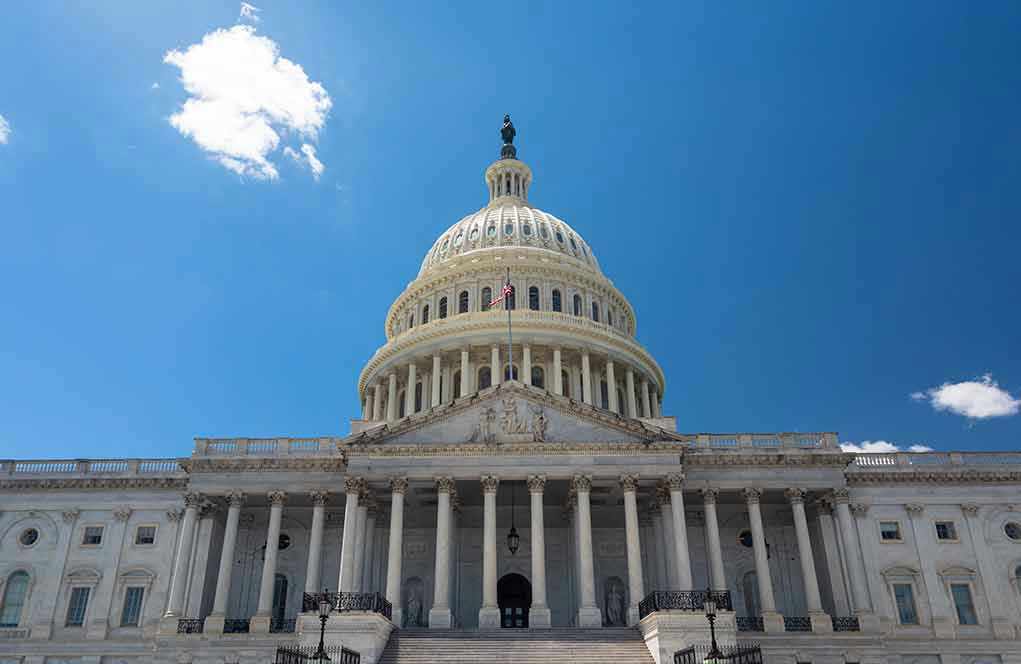
Congressional oversight into the FBI’s handling of the Epstein case faces a major setback as the House withdraws its subpoena for Robert Mueller, fueling concerns about government accountability and the limits of institutional transparency.
Story Snapshot
- The House Oversight Committee withdrew its subpoena for former FBI Director Robert Mueller due to his Parkinson’s diagnosis.
- Mueller’s testimony was sought for insight into the FBI’s handling of Jeffrey Epstein’s investigations during his tenure.
- The committee’s investigation continues, but missing Mueller’s direct account raises questions about full accountability.
- This development highlights broader challenges in holding powerful institutions and figures to public scrutiny.
Mueller Subpoena Withdrawn Amid Health Concerns
The House Oversight Committee, chaired by James Comer, abruptly withdrew its subpoena for former FBI Director Robert Mueller after Mueller’s family publicly disclosed his diagnosis of Parkinson’s disease. The committee, investigating the FBI’s conduct regarding Jeffrey Epstein, acknowledged that health concerns precluded Mueller from appearing. The scheduled hearing, set for September 2, 2025, was a focal point for those demanding institutional accountability in high-profile criminal cases, particularly involving influential figures shielded from scrutiny.
This decision follows a July 23 subpoena and an August 5 explanatory letter sent to Mueller, seeking testimony about his oversight of the Epstein investigation while leading the FBI from 2001 to 2013. The family’s disclosure not only cited Mueller’s inability to testify but also underscored the rare public intersection of personal health and national oversight. This withdrawal stands out because it was based solely on health, not legal or procedural arguments, and comes at a time when many Americans demand greater transparency and accountability from federal agencies.
Implications for Congressional Oversight and Accountability
The absence of Mueller’s direct testimony could hinder the committee’s ability to fully reconstruct the FBI’s actions during the critical years of the Epstein investigation. While other witnesses, such as former Attorney General Bill Barr, have already testified, Mueller’s unique institutional knowledge is now unavailable. This situation sets a precedent for how future congressional inquiries may handle elderly or infirm witnesses, raising concerns about whether significant facts will remain out of reach when witnesses cannot appear due to health.
For many, especially those wary of government overreach or cover-ups, this development stirs frustration. The loss of an essential witness might be seen as another example of powerful institutions evading scrutiny, intentionally or not. Legal experts note that while compassion is necessary, written depositions or alternative forms of testimony might help bridge the gap in such cases, though these alternatives rarely match the impact of live congressional hearings. The decision to withdraw also reflects the delicate balance between public interest and humanitarian considerations, a challenge that could grow as more senior officials age out of public life.
Political and Social Fallout: Public Trust and Future Precedents
The ongoing Epstein investigation remains under a cloud, as the public and Congress alike grapple with the reality that not all questions may be answered. The withdrawal of the subpoena is likely to fuel partisan debate about the fairness and thoroughness of the process—particularly among those who believe past administrations and federal agencies have sidestepped accountability. For the Mueller family, the episode brings personal privacy into the national spotlight at a difficult time, while for oversight advocates, it highlights a systemic vulnerability in pursuing high-level investigations.
House committee withdraws subpoena for Robert Mueller, cites health concerns from family https://t.co/R4TUSXrpvr pic.twitter.com/r4onVcqO08
— TheBlaze (@theblaze) September 3, 2025
In the long term, this episode may shape the way Congress approaches subpoenas and witness participation, especially for former officials whose testimony is critical to understanding government failures or misconduct. The committee’s challenge—balancing investigative needs with humane treatment—mirrors broader questions about government transparency, the rights of individuals, and the persistent demand for genuine accountability in the American constitutional system.
Sources:
House Oversight Committee Withdraws Subpoena for Robert Mueller, Citing Health Concerns
House Oversight Committee Withdraws Robert Mueller Subpoena, Citing Health Concerns
Robert Mueller subpoena withdrawn as House investigates Epstein case











